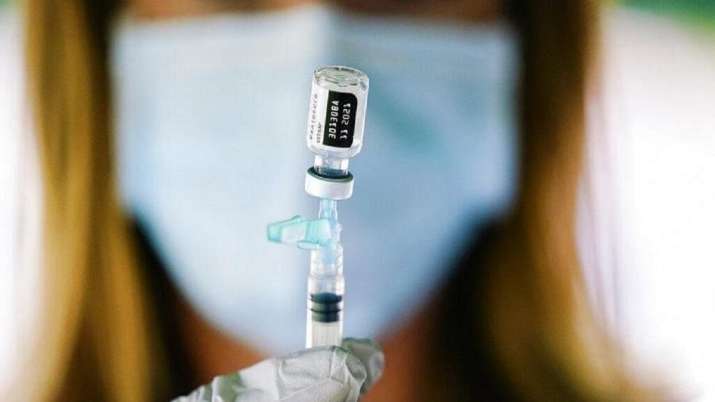
Omicron scare: Oxford-AstraZeneca begins work on a vaccine to target new strain
Faced with a vaccine that protects against the Omicron variant, Oxford University and AstraZeneca announced that they have begun work on developing a COVID shot that specifically targets the new strain. Earlier this month, all major drugmakers, including Pfizer, Moderna, Johnson & Johnson and AstraZeneca, announced plans to quickly test and adapt their shots to the highly mutated Omicron version.
“Like many previous forms of anxiety, and with our partners AstraZeneca, we have taken the initial steps to produce an updated vaccine if needed,” Sandy Douglas, leader of an Oxford research group, told the Financial. Times. “Adenovirus-Based Vaccines” [such as that made by Oxford/AstraZeneca] In theory any new version could be used to answer what some may have felt at first. [They have] Really significant benefits, especially where the need and logistical challenges are greatest,” he said.
A study published on Monday in the journal The Lancet showed that the protection offered by the Oxford-AstraZeneca COVID-19 vaccine in India, called Covishield, drops three months after receiving two doses. The findings of a team of researchers led by the University of Edinburgh suggest that booster programs are needed to help maintain protection against serious disease.
The results are consistent with several studies that have provided two doses of nearly all widely used vaccines to be less effective against the highly permeable variant. However, a third messenger RNA shot has shown to increase antibody levels. “Together with the University of Oxford, we have taken preliminary steps to create an Omicron variant vaccine if it is needed and will be informed by emerging data,” the newspaper quoted AstraZeneca as saying.
The AstraZeneca shot, in partnership with Oxford and India’s Serum Institute, was widely deployed globally with more than 2 billion doses – most being supplied in poor countries. However, several countries have restricted its use following the emergence of a rare side effect linked to blood clots, the report said.
In a peer-reviewed paper posted on Preprint Tuesday, Douglas’s team highlights the speed at which it will be possible to create a new adenovirus-vector vaccine at the scale of AstraZeneca. According to the researchers, “their work will help vaccines achieve the 100-day development target, from pathogen identification to mass production taking a little over three months, potentially millions from manufacturing sites globally.” The distribution of doses is also included”, the report said. , Meanwhile, Dr. Anthony Fauci, America’s top infectious disease expert, said this week that current vaccines and booster shots against COVID are sufficient to prevent omicron infection. He advised against changing vaccines at this time to fight the new, highly contagious strain of the virus.
“Our booster vaccine works against Omicron. At this point, there is no need for a type-specific booster,” Fauci said. Data from the UK Health Protection Agency showed that a booster dose increased protection against symptomatic disease by up to 75 per cent. The European Medicines Agency has also warned that it will take time to reach a global scientific consensus on whether omicron-targeted shots are needed, the report said.
Read also Omicron: Third wave in India may peak in February, predicts study
,